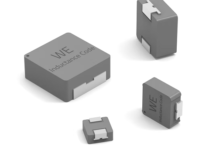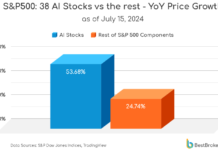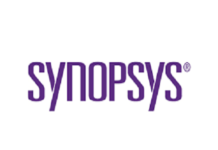
Global Automotive Electronics Market, is expected to be valued at US$ 371.36 billion by 2028, exhibiting a CAGR of 7.40% during the forecast period (2021 – 2028), as highlighted in a report published by Coherent Market Insights.
The increasing sales of hybrid and electric vehicles are further expected to propel the global automotive electronics market, with the further addition of a new generation of vehicles being introduced in the automotive electronics industry. For instance, according to CoherentMarket Insights analysis 2021, the sales of electric vehicles was increased by more than 60% in the year 2018 as compared to that the year 2017, China was the major market for electric vehicles in the year 2018, followed by Europe and the U.S.
The global automotive electronics market was accounted for US$ 194.26 Bn in terms of value in 2019 and is expected to grow at a CAGR of 7.40% for the period 2021-2028.
Global Automotive Electronics Market – Impact of Coronavirus (Covid-19) Pandemic
Global COVID – 19 pandemic, has negatively impacted various end-use industries such as tourism, automotive, construction, and manufacturing.
Due to the Covid-19 pandemic, the supplychain of automotive components was negatively impacted. In the automotive industry, electronics chips are being used for making the automotive cars smarter and efficient, while, due to the covid-19 pandemic, globally the shortage of semiconductor material was generated, which has negatively impacted the automotive industry. Owing to the shortage of semiconductor material several automotive vehicle manufacturing companies have halted the manufacturing of automotive vehicle for some period. For instance, according to Coherent Market Insights analysis, the shortage of semiconductor chips is expected to cost the automotive industry more than US$ 105 Billion in revenue in the year 2021.
Key Trends and Analysis of the Global Automotive Electronics Market:
- Among application, the safety and alerting system segment holds the highest market share in the year 2020 and is expected to retain its market share over the forecast period. In automotive cars, several safety features are getting implemented such as airbags, electronic brake distribution, electronic stability control, and tire pressure monitoring system.
In addition, various countries such as India, are implementing stringent rules and regulations for the safety and security of automotive passenger vehicles. In these regulations, governments of various countries are mandating various safety features such as airbags, daytime running lights, brake assist, and electronic stability control, in which several automotive electronic components are being used. For increasing the safety and security of automotive cars intelligent speed adaption systems, daytime running lights, anti-lock braking systems, and brake assist systems are being implemented.
- Global automotive electronics market is expected to grow with a significant growth rate over the forecast period (2021 – 2028), the European region. The growth in the European region is majorly attributed to the presence of large automotive manufacturers in the region such as BMW and Mercedes. Moreover, high penetration of automotive vehicles with enhanced safety features, the increasing demand for the cutting edge infotainment system, is further expected to boost the growth of Automotive Electronics market in the region. For instance, in April 2017, the seventh-generation BMW 5 Series, received a 5-star safety rating in Euro NCAP. This BMW car contains a driver assistance system, furthermore, it also contains an active bonnet, in which actuators lift the bonnet as the sensor detects the pedestrian has been stuck.
Competitive Section
Major companies operating in the global automotive electronics market include: Aptiv PLC, BASF SE, Broadline Components, LLC, Continental AG, Denso Corporation, Hitachi Ltd., Infineon Technologies AG, Jabil Inc, Magna International Inc, NVIDIA Corporation, NXP Semiconductors N.V., Robert Bosch GmbH, STMicroelectronics N.V., Texas Instruments, and ZF Friedrichshafen AG

















